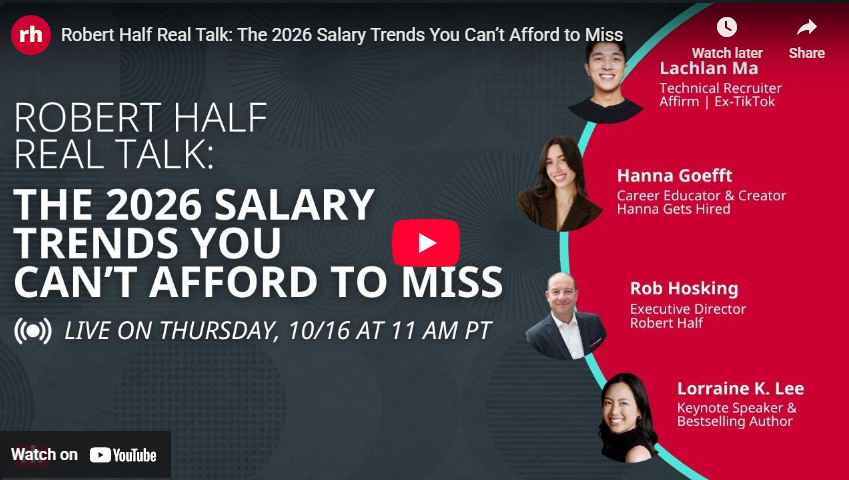Why workplace flexibility matters more than ever
The panel also explored the growing connection between pay and workplace flexibility. While 66 percent of professionals say they’d return to the office full time for higher pay, most want to understand why in-office time matters.
“Flexibility doesn’t just mean remote work,” said Hanna. “It means trust—being treated like an adult, not being micromanaged or measured by hours at your desk.”
The most successful employers explain the purpose behind their hybrid or on-site expectations. If people understand the why—mentorship, collaboration, learning from others—they’re more likely to buy in.
Lorraine K. Lee noted that younger professionals, in particular, benefit from in-person collaboration. “Early-career employees gain so much from being in the room with mentors,” she said. “It can shape their long-term success.”
Hanna added that flexibility means different things at different stages of life. Younger workers may seek in-office mentorship and connection, while experienced professionals, parents and caregivers often value the ability to manage their time around personal responsibilities. For them, flexibility isn’t a perk—it’s essential.
Employers that offer clear communication, flexible scheduling and thoughtful perks such as commuter stipends or on-site fitness centers can make the in-office experience feel more valuable, not just required.



